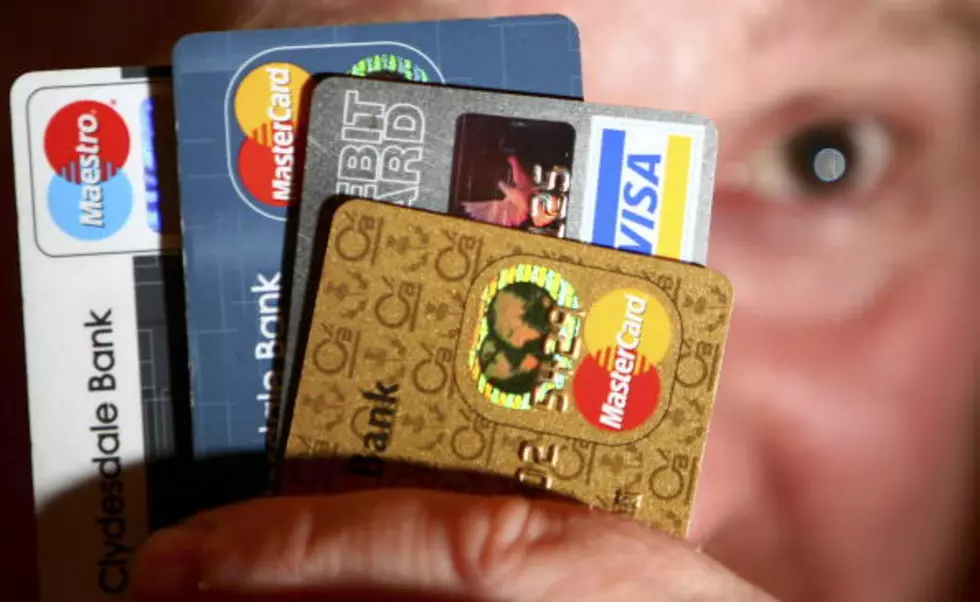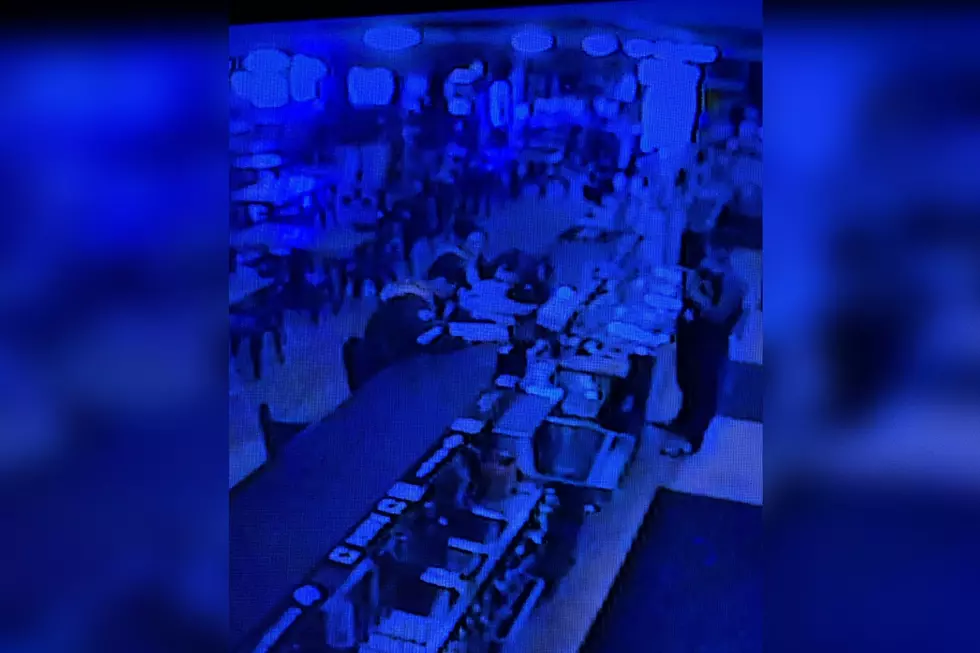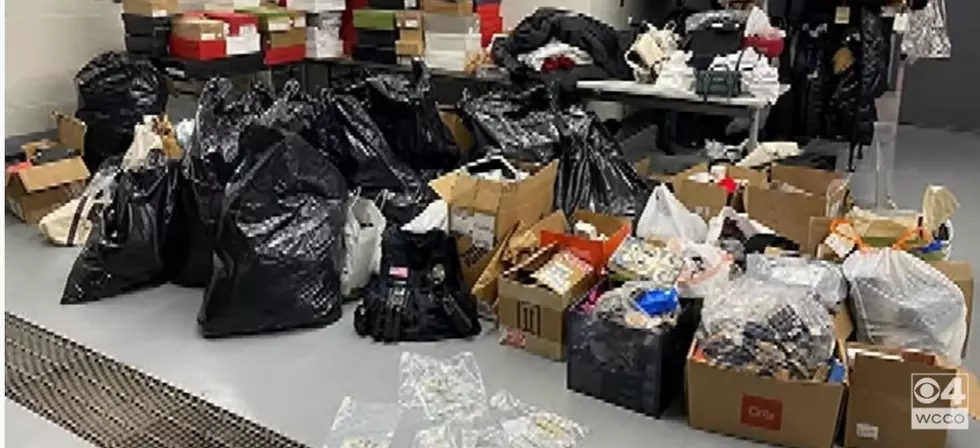
Lake Nebagamon Residents Victimized By Credit Card Hackers – Here’s How To Protect Yourself
It happens every Holiday season. Credit card numbers are stolen by computer hackers. As of last week, over one hundred people in Lake Nebagamon and surrounding area have been victimized so far, and the list is increasing each day.
Credit card and cash card numbers were stolen by "hacking" into a computer. The thieves then made small charges on the stolen accounts, then followed that up with charges into the hundreds of dollars or more. At latest report, up to seven business's have been hacked so far, and more could be expected.
My friend Brad Hoyt of the Douglas County Sheriffs Department is offering us some advice as to how to minimize this type of theft happening to you.
Brad Hoyt "In regards to the credit card issue: I can't get into specific details of this particular event (other than I too was a victim), but here are some basics on this kind of crime.
What usually happens is a hacker gains access to the credit card processing software at a random business. They then plant what's known as a "worm" into the software. These worms live on the server for a set period of time, usually 24 to 72 hours. During that time, it records all the transactions made at that location. At the end of its life cycle, it sends all the transactions to the hacker. The hacker then sells the credit card numbers to identity theft criminals world wide. In my case, my card was used in Germany, France, Spain and California.
There is very little you can do to prevent this kind of crime from happening, but you can minimize the damage. Keep track of your accounts frequently. Many banks have email or text alerts that will notify you every time your card is used. If you detect unauthorized uses, immediately contact your bank to shut down your account. If you can't reach you're bank immediately, you can try to call Mastercard or Visa's fraud department and have them shut down the card. Be prepared to prove who you are and that you are the authorized holder of the card. This can be a bit of challenge, but its worth the effort. Call your bank as soon as they open and notify them of the fraud. Your bank is your best first line resource for taking care of this kind of problem.
Notify local law enforcement of the issue to file a report. Your bank will probably require a police report. Your bank will also need you to sign an Affidavit of Forgery which is a sworn statement that you did not authorize those charges. Nearly all banks will refund your money fairly quickly. Mine did within an hour of the unauthorized charges coming in. Lastly, go to www.ic3.gov and file a report with Feds. They have primary jurisdiction in these events and need to know what's going on.
On a side note, this kind of issue is very rarely the fault of the local business that gets hacked. They are as much a victim (if not more so) than those that have their card numbers stolen. While most individual victims will get their money back, the trust and faith people had in that business may never recover."
More From KOOL 101.7









